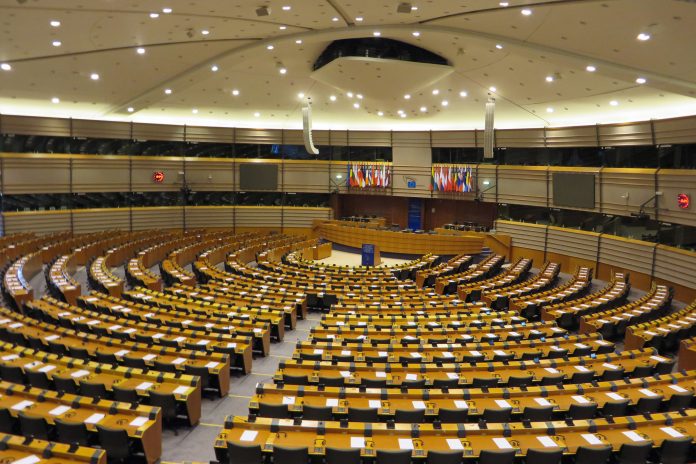Reacting to the European Parliament’s approval of the Recovery and Resilience Facility (RRF), S&D MEP Costas Mavrides, negotiator on the file on behalf of the economic and monetary affairs committee, said:
“Today, the EU made an important step towards emerging stronger and united from the crisis. The European Parliament adopted by a large majority the establishment of the Recovery and Resilience Facility, which is the key instrument under the Next Generation EU recovery plan and the biggest EU financial instrument so far. By means of shared EU debt, the RRF will provide member states with a funding of 672.5 billion euros in the form of grants and loans in order to help them recover from the Covid-19 pandemic and make their economies and societies more sustainable and resilient to future crises. “As the European Parliament, our negotiating position was clear from the beginning: an unprecedented crisis, with detrimental negative economic and social consequences, requires unprecedented measures, and this must be shown in practice. Despite our differences during intensive negotiations, we came a long way to reach this agreement, which indicates our determination for an EU joint action in addressing this crisis. This is a very important stepping-stone to our European edifice. “We have also managed to introduce key priorities for our group, such as stakeholder involvement, the promotion of a socially inclusive transition as a key objective and referring to the European Pillar of Social Rights and Sustainable Development Goals (SDGs) as a general objective. Moreover, we have managed to increase the pre-financing and ensured that this technical support is provided for the implementation of investments in member states, and not only for reforms. “We are already experiencing the second wave of the pandemic. Workers, households, businesses, vulnerable groups, women, children, education, culture and so many more sectors and groups have been affected and need support. The RRF enables member states to raise significant funding for reforms and investments in a wide range of policy areas of European relevance: employment, health, tourism, research and innovation, environment and energy, small and medium-sized enterprises etc. Our group fought so that member states could use immediately and efficiently the money to address the economic and social impact of the Covid-19 pandemic in line with our social and environmental agenda, whilst ensuring that our economies will become more resilient to address shocks in a fair, sustainable and inclusive way that promotes well-being for all. Member states should now proceed immediately with submitting their national plans, tailor-made on their specific needs and targeted to tackle the social and economic effects of the Covid-19 pandemic.”

